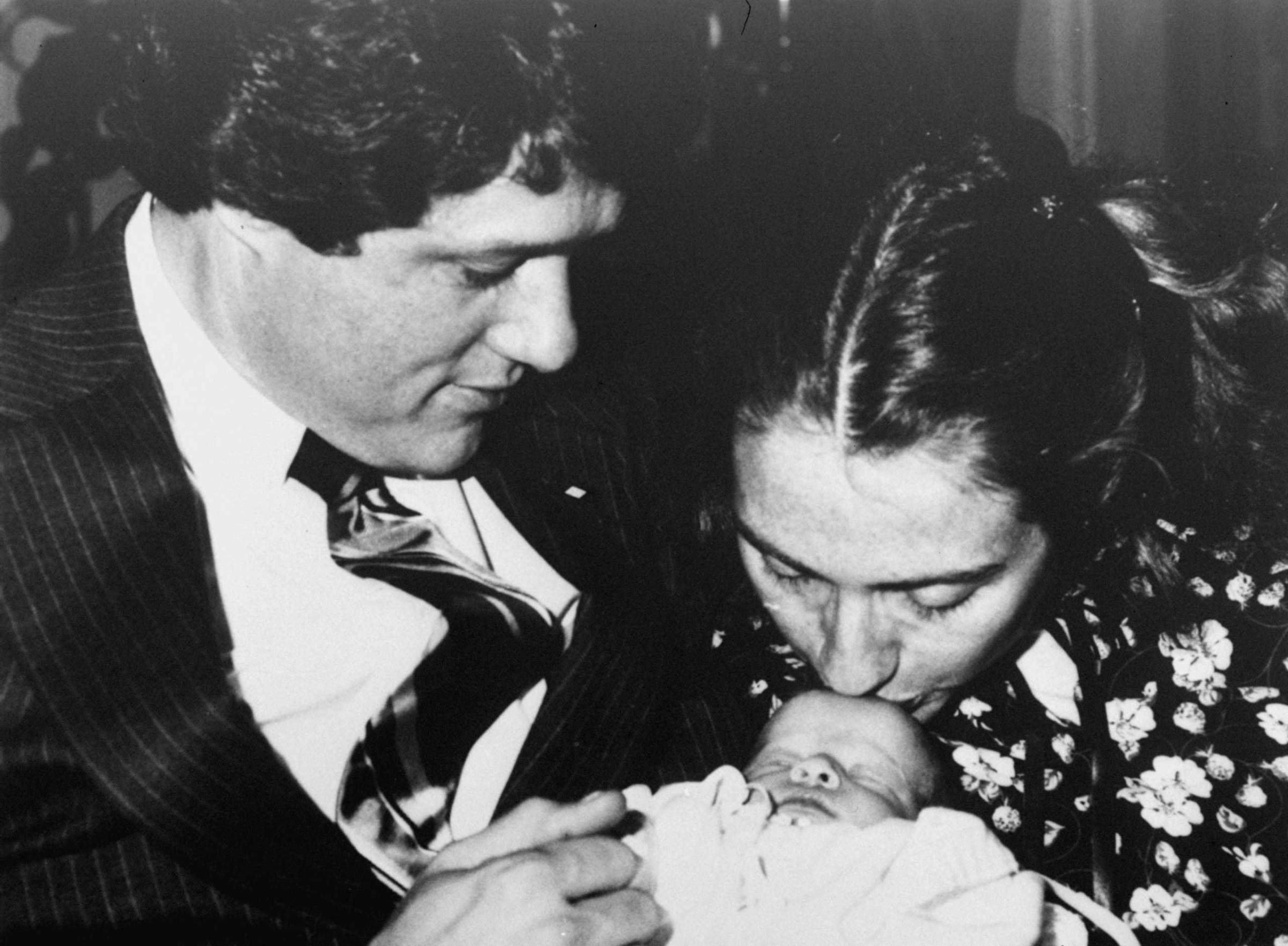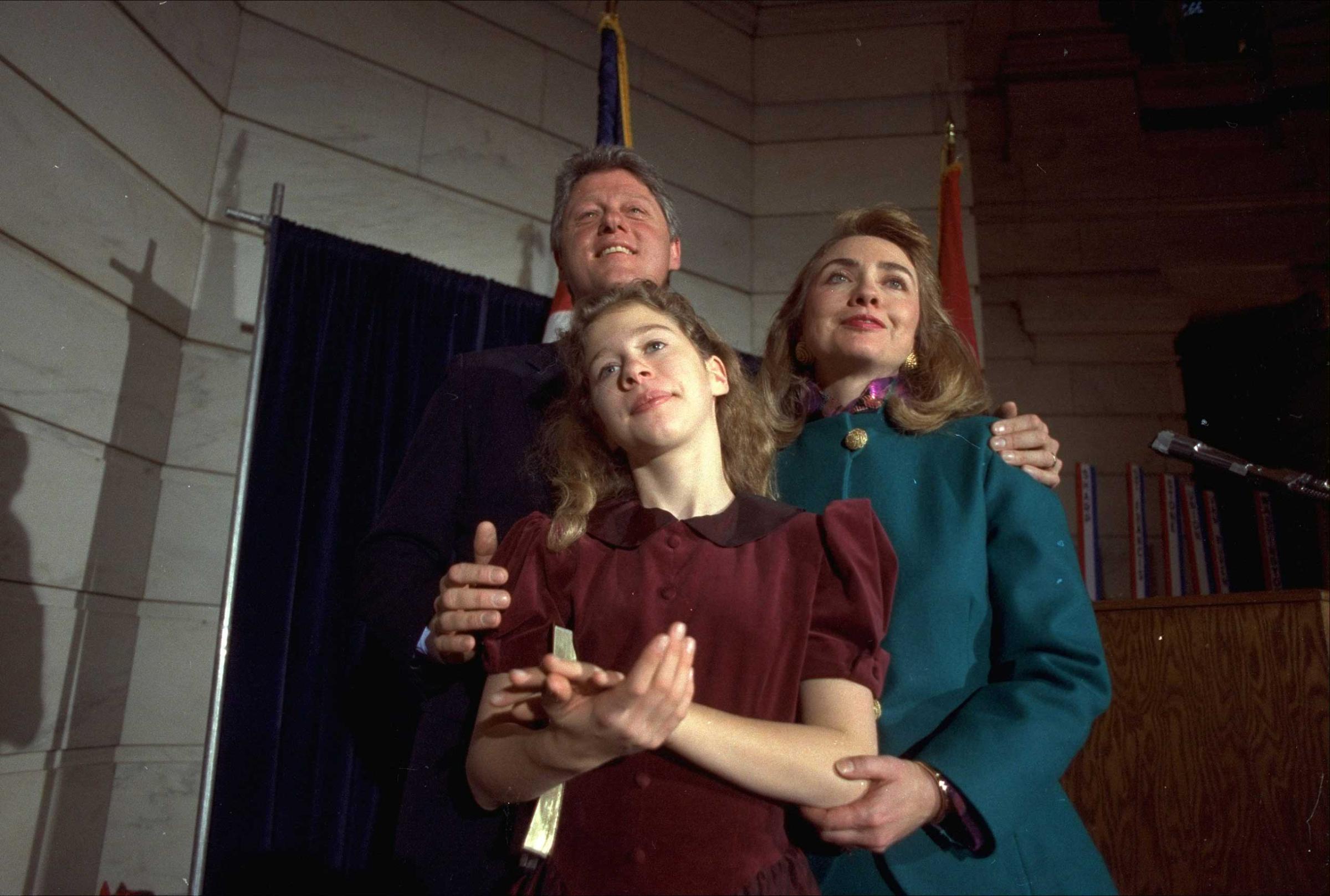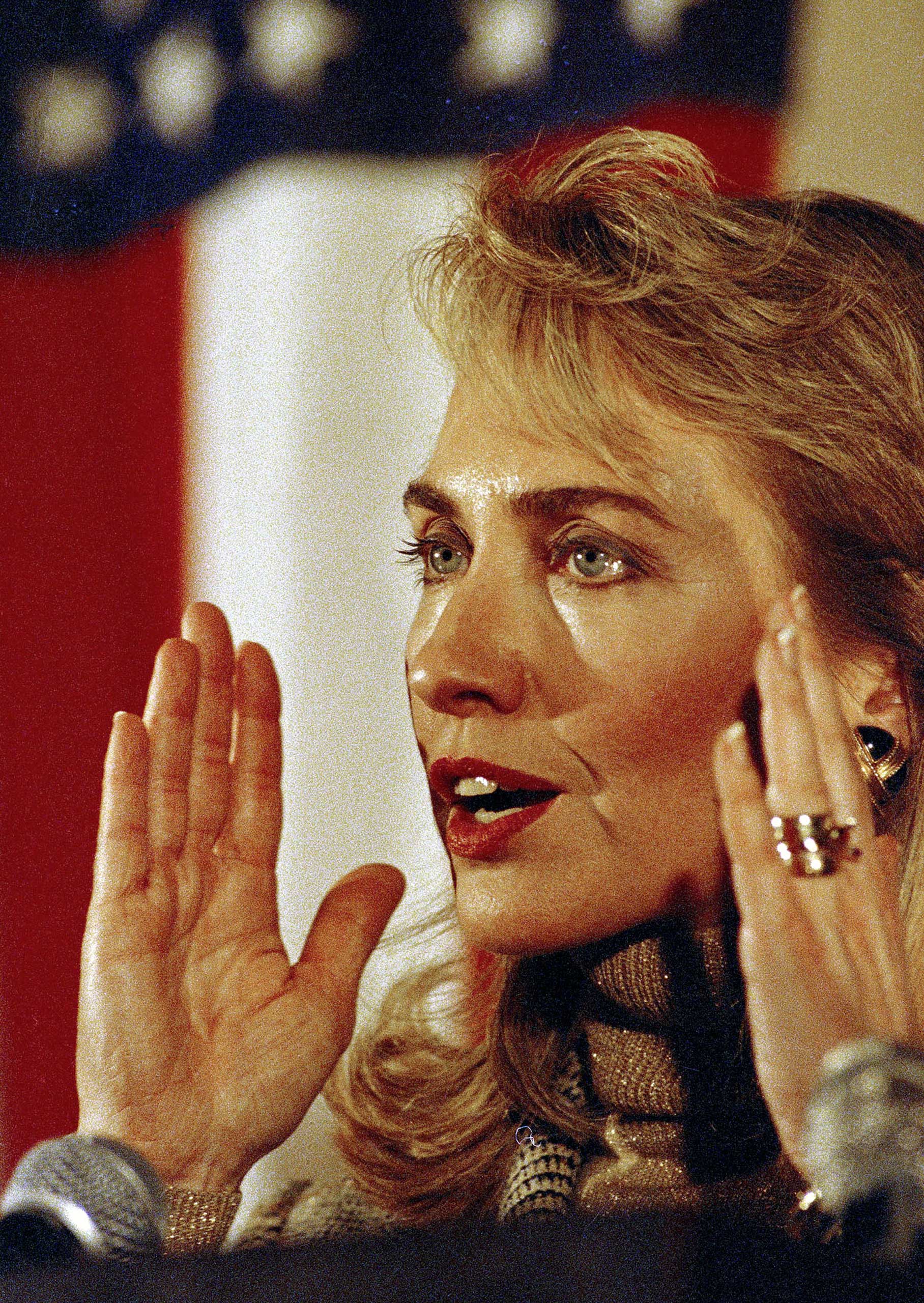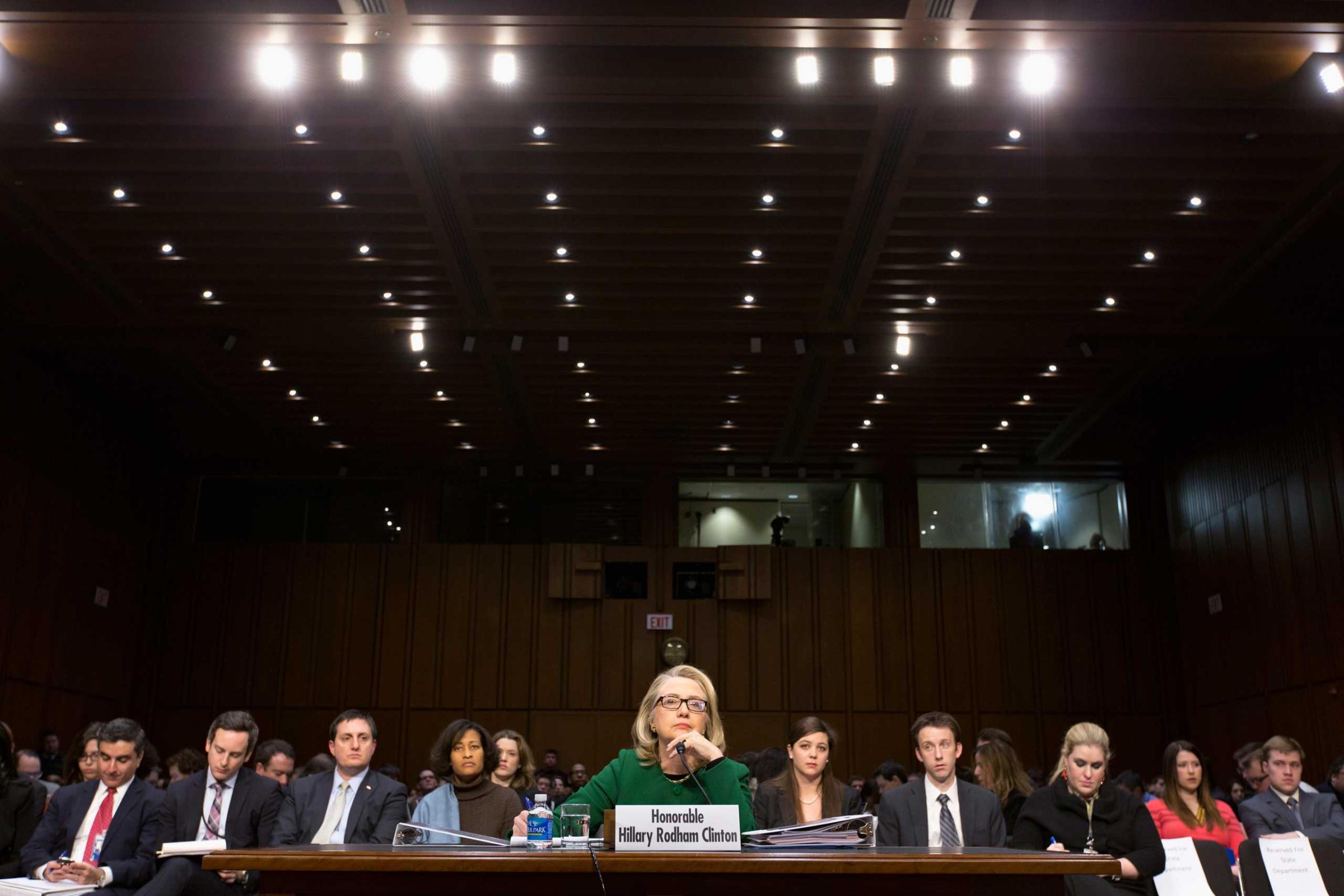Hillary Clinton called Monday for “principled and pragmatic and progressive policies” aimed at boosting middle-class incomes, as she laid out her vision of the American economy in the first major policy speech of her presidential campaign.
It was a speech intended to capitalize on the surge of populism that has swept much of the country and excited the Democratic base, and also lay out a roadmap for the goals of a Clinton presidency.
Clinton delivered her speech as a series of policy solutions for problems she sees in the American economy. Republicans quickly dismissed them. “Hillary Clinton’s entire economic pitch is built upon the false premise that Democrats have not occupied the White House for the past six and a half years—a period that has seen the weakest economic recovery in modern history, rising income inequality, an ever-shrinking middle class, and negative growth in the first 3 months of this year,” Republican National Committee spokesman Michael Short said in a statement.
Below is a cheat sheet of what Clinton says ails the economy, and how she says she’ll fix it. Note that many of the details are missing, as Clinton says in the coming months she’ll fill in the gaps with more policy speeches.
Problem as described by Clinton: Income inequality is a drag on the economy
Wealth inequality is slowing economic growth, Clinton said. It’s not just a fairness issue, she said, but a practical one. “The evidence is in: inequality is a drag on our entire economy,” Clinton said.
How she wants to fix it
-Raise the minimum wage. “If you work hard you should be compensated fairly,” Clinton said. But unlike Vermont Sen. Bernie Sanders and former Maryland Gov. Martin O’Malley, who have called for a $15 minimum wage, Clinton has not set a firm target for the wage.
-Crack down on employers who misclassify employees as contractors, and fight wage theft.
-Protect President Obama’s health care reform law, lower health care costs and make prescription drugs more affordable.
-Defend and “enhance” social security to make it easier to save for the future.
-Create tax incentives to encourage corporate profit-sharing for employees.
-Tighten the tax code to make sure “millionaires don’t pay lower [tax] rates than their secretaries” and closing tax loopholes.
-Support unions and the right to organize. “If we want to get serious about raising incomes, we have to get serious about supporting union workers,” Clinton said.
Problem as described by Clinton: America needs to create more jobs and grow the economy
“More growth means more jobs and more new businesses. More jobs give people choices about where to work,” Clinton said. “That’s why economists that getting closer to full employment is crucial for raising incomes.”
How she wants to fix it
-Create for an infrastructure bank that would “finance world-class airports, railways, roads, bridges and ports” across the states.
-Build broadband networks with greater diversity of providers.
-Pass comprehensive immigration reform. Bringing the millions of undocumented immigrants into the legitimate economy, Clinton said, would create $700 billion of growth over 10 years.
-Invest in cleaner renewable energy and fund research and development. “The time has come to make America the world’s clean energy superpower,” Clinton said. “These investments will create millions of jobs.”
-Provide tax relief to small businesses, which Clinton said create 60% of new jobs in this country.
Problem as described by Clinton: Women aren’t participating fully in the economy
Clinton pointed to data showing that in 1990, the United States ranked 7th out of 24 developed countries in women’s labor force participation; by 2013, she said, the U.S. had fallen to 19th. “We cant afford to leave talent on the sidelines,” Clinton said.
How she wants to fix it
Clinton is advocating for fair pay laws, fair scheduling and easily accessible childcare. The lack of paid parental leave makes it inordinately difficult, Clinton said, for women to have a family and a job.
Problem as described by Clinton: The U.S. isn’t focused on long-term growth
American businesses are too focused on short-term growth, a problem Clinton referred to as “quarterly capitalism.” The economy, Clinton said, should be structured to encourage investment over years and decades.
“I believe part of public service is planting trees under whose shade you’ll never sit,” Clinton said.
How she wants to fix it
-Create a tax credit of $1,500 to businesses for any worker that they train and hire. “Workers are assets. Investing in them pays of,” Clinton said.
-Reform capital gains taxes to encourage long-term investments over high-frequency trading.
Problem as described by Clinton: Wall Street is still engaged in risky business and trading practices
Too many individuals were not held accountable for the excesses of the last decade that led to the recession, Clinton said, and the Dodd-Frank financial reform law did not go far enough.
How she wants to fix it
-Appoint more regulators, prosecute individuals and firms, tighten rules for trading.
“We’ll ensure no firm is too complex to manage or oversee,” Clinton said.
See Hillary Clinton's Evolution in 20 Photos




















More Must-Reads from TIME
- Donald Trump Is TIME's 2024 Person of the Year
- Why We Chose Trump as Person of the Year
- Is Intermittent Fasting Good or Bad for You?
- The 100 Must-Read Books of 2024
- The 20 Best Christmas TV Episodes
- Column: If Optimism Feels Ridiculous Now, Try Hope
- The Future of Climate Action Is Trade Policy
- Merle Bombardieri Is Helping People Make the Baby Decision
Contact us at letters@time.com